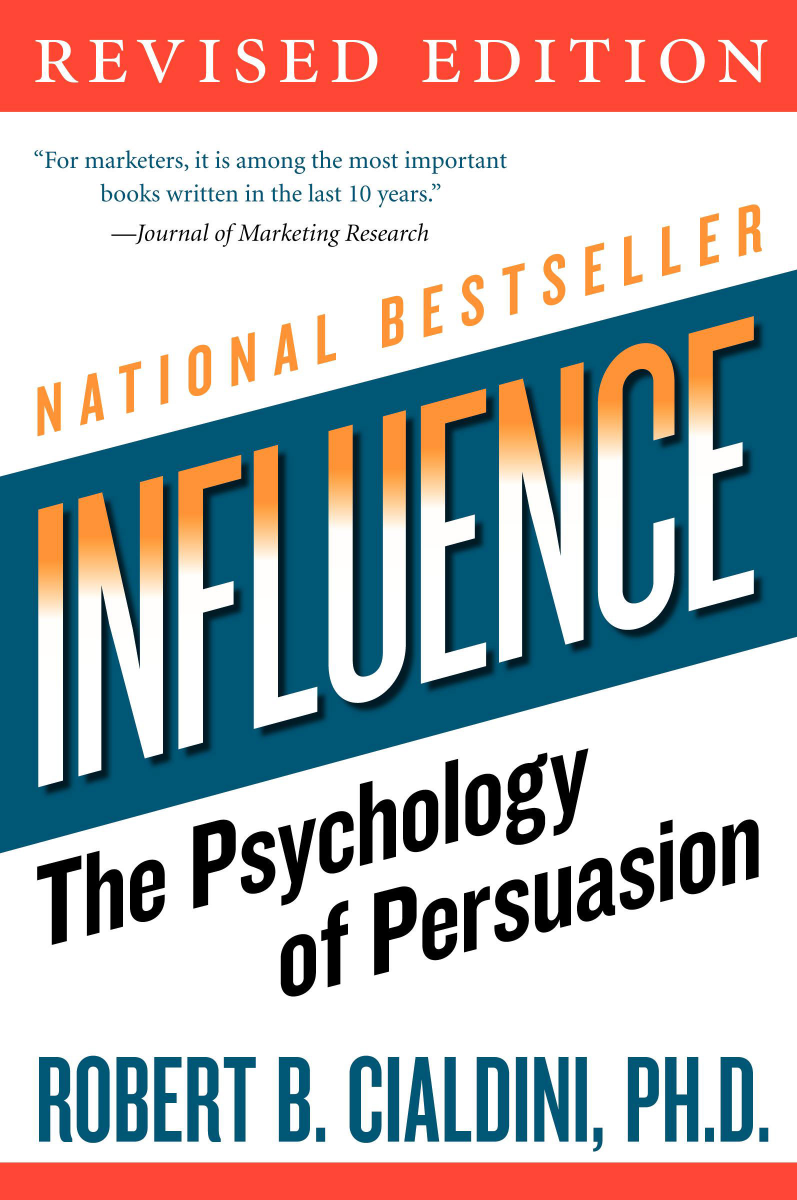I’m reading Influence: The Psychology of Persuasion (Robert Cialdini). Recently, I read a chapter about social proof. It got me thinking whether index investing investors are victims (and possibly unbeknownst perpetrators) of a social proof scheme. Are we being played?
This is my wild theory. Don’t take it too seriously.
What’s a social proof?
We are influenced by others on what is normal, what we like, don’t like, etc. When uncertain, we defer thinking to others. It makes our lives easier. However, it can be used to manipulate us.
Where all think alike, no one thinks very much.
Walter Lippmann
Social proof manipulation
For example, swindler might trick people who are betting on horses. By betting a large sum on a weak horse early, swindler can initiate a snowball effect. People will see other people betting on this horse and would want to get on the hype train. Little would they know it was started by someone who wants to exploit social proof for their own interest. Once enough people bet on a weak horse, swindler gets better odds betting on their favorite horse.
Index investing
Index funds hold baskets of stocks. When you buy a unit of index fund, you put money into stocks within the basket. Price of an individual stock is influenced by demand. People who deem stock worthless want to sell before price drops down. Believers in that stock will want to keep it and (hopefully) later benefit from increase in stock price. Basically, people want to buy when price is low and sell when price is high – to make a profit.
Index investing is a passive investment strategy that seeks to replicate the returns of a benchmark index.
https://www.investopedia.com/terms/i/index-investing.asp
With more people buying index funds, the price of stocks within will increase. Stocks outside of index funds are left to active investment strategies. Now, a lot of people are betting on stocks that are part of their index fund.
There is a lot of critique to be found about index investing (just search for “why index investing bad” or similar phrase online). I want to focus only on the social proof manipulation.
Theory
Who would benefit from index fund popularity? Who would want investors to put their money in index funds?
- Early investor
- Companies and their stakeholders
- FIRE community
- Warren’s wife
- Active investors
- Vanguard, BlackRock, SSGA…
Early investor
Let’s get the snowball rolling. Convince enough people to invest in index funds and watch the performance skyrocket. If you’ve invested early you can now sell for a heavy profit. Great performance of a fund is one more reason to recommend it, isn’t it? With so many people involved the liquidity is going to be amazing ie. your market orders are going to be executed immediately.
Companies
Well, since people are investing passively and buying the whole index, they put money in those companies too. Thus weak companies might receive investments. If your company is all profit or just having a bad year, you’d want to stock price to go up. Especially the CEO if their bonuses are tied to stock performance. Company shareholders won’t protest either.
FIRE community
FIRE community is all about investing as much as possible to create passive income through assets. Index funds are popular with FIRE because of low fees and historically outperforming actively managed funds. Index fund performance is very important for FIRE. A few good years can generate great returns and thus getting person closer to financial independence.
Warren’s wife
In his 2014 letter, Warren Buffet directs the trustee for his wife’s benefit S&P 500 index fund:
My advice to the trustee could not be more simple: Put 10% of the cash in short-term government bonds and 90% in a very low-cost S&P 500 index fund.
www.berkshirehathaway.com/letters/2013ltr.pdf
Active investors
Investors who look for opportunities outside index funds can get a better deal. If a lot of money flows into stocks within index funds, they might grab other stocks cheaper. Or rather stocks in index funds get too expensive relative to other stocks.
Vanguard, BlackRock, SSGA…
There are those who offer ETFs with low fees. Multiply small fee a million times and you got yourself a nice profit. Why else would they offer this product to public?
Summary
Be wary when a lot of people start talking about any specific investment. They just might be betting on a weak horse.

Leave a Reply